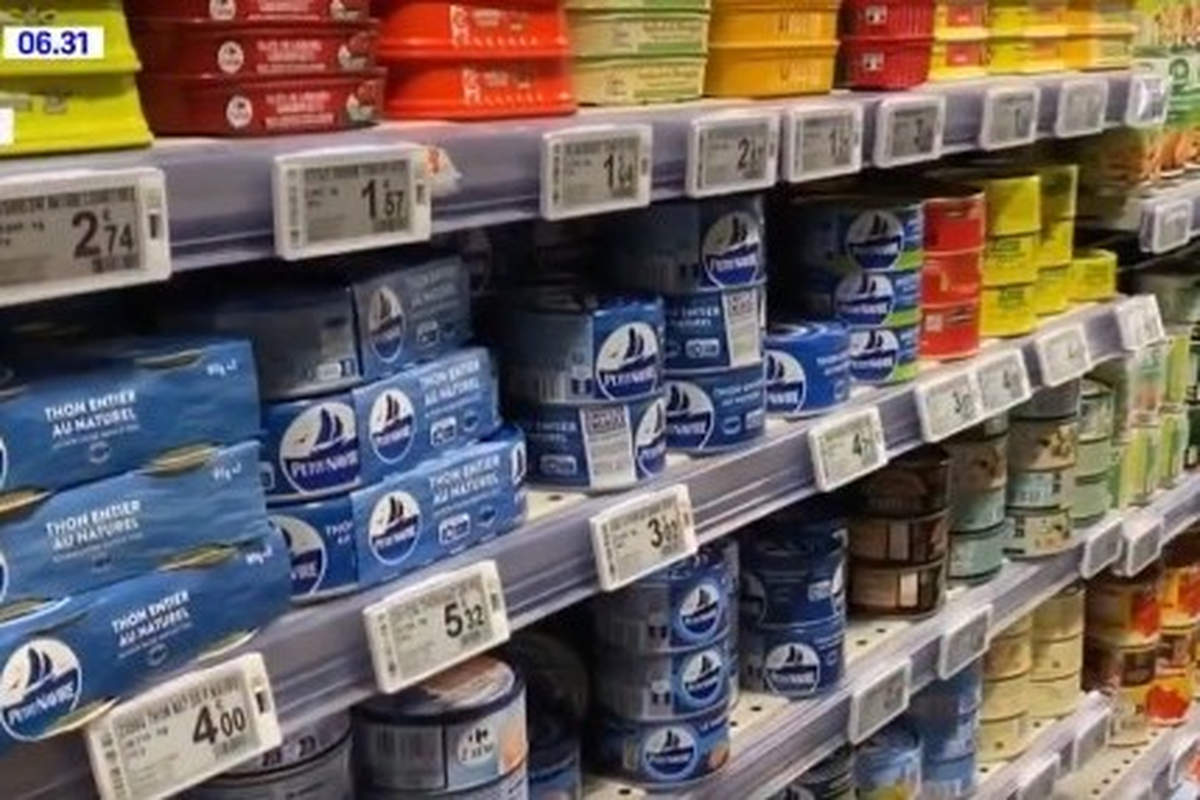
An exclusive investigation by the NGO BLOOM reveals a major health scandal: 100% of canned tuna tested in Europe contains mercury, a dangerous neurotoxicant. Even more worrying, the study shows that there has been complicity between the authorities and the tuna industry since the 1970s.
Widespread contamination
The 18-month survey of 148 cans from five European countries (Germany, England, Spain, France and Italy) produced alarming results. More than one in two cans (57%) exceeded the strictest maximum mercury limit defined for fish (0.3 mg/kg). A record was even set by a Petit Navire can purchased in Paris, with a level 13 times higher than this standard.
A powerful lobby at the helm
The investigation sheds light on how the powerful tuna lobby obtained from the authorities an “acceptable” mercury threshold three times higher for tuna than for other fish. This standard has no health justification: it was set solely to allow the marketing of 95% of tuna production.
Emergency measures called for
Faced with this scandal, BLOOM, which campaigns against the destruction of the ocean, the climate and artisanal fishermen, and the NGO Foodwatch, an agro-industry specialist concerned with consumer protection, are calling for immediate action:
- Alignment of the permitted mercury threshold in tuna with the strictest standard (0.3 mg/kg).
- an immediate ban on products exceeding this limit
- Withdrawal of tuna from school canteens and sensitive establishments
- Responsible action by major European retailers
Tuna, the most widely consumed fish in Europe (4.9 kg per person per year in France), represents an underestimated health hazard, particularly for pregnant women and young children.
Deux ONG alertent sur la contamination au mercure des boîtes de thon pic.twitter.com/iD8vCztB0Y
— BFMTV (@BFMTV) October 29, 2024